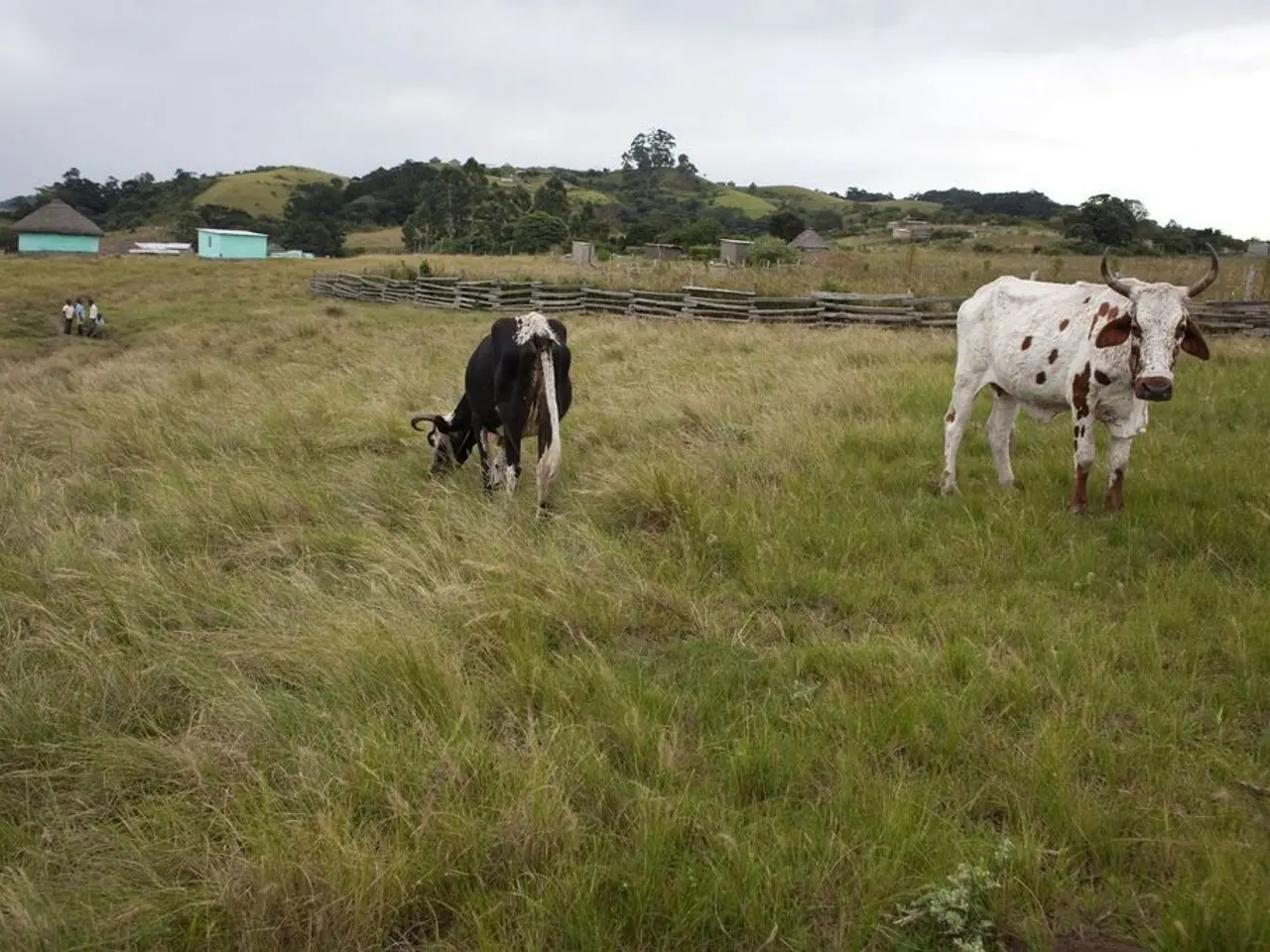New $100,000 H-1B Visa Fee Sparks Legal Challenge, Fears of Rural Staff Shortages
The Trump administration's new $100,000 fee for H-1B visa applications, introduced on Sept. 19, 2025, has sparked concern and legal challenge. The fee could exacerbate staff shortages in rural communities, particularly in teaching and healthcare, as it may deter international professionals from working in these areas.
The H-1B visa program allows U.S. employers to temporarily employ foreign workers in specialty occupations, including teaching and healthcare. However, the significant increase in fees may price out rural communities, which often rely on these visas to fill vacancies due to lower wages and lack of amenities.
A coalition of health care providers, religious groups, and educators has filed a lawsuit to stop the fee, arguing it would harm industries that rely on the visa. The lawsuit, filed in 2025, includes organizations such as the United Auto Workers union, the American Association of University Professors, a nursing recruitment agency, and several religious organizations. They argue that the fee could cost as much as one or two teachers' salaries and benefits, making it difficult for rural schools to hire immigrant teachers.
The new fee does not apply to existing visa holders and exemptions can be requested. However, the potential impact on rural communities is significant. Without enough staff, schools may struggle to maintain quality education, potentially leading to uncertified teachers, combined classes, or dropped course offerings. The doctor shortage in rural areas could also worsen, as international medical graduates may be deterred from practicing in these regions.
Read also:
- Bluetongue Virus Detected in Wales: Cattle Culled, Movement Restrictions Imposed
- US Army Boosts Irregular Warfare Readiness Through Enhanced Wargaming
- Oral presentation of a 48-week long Phase 3 clinical study on Generalized Myasthenia Gravis in China by Vor Bio scheduled at AANEM announced.
- Leading figures in the industry push for groundbreaking solutions to aid those affected by rare and neglected illnesses during the COVID-19 pandemic








